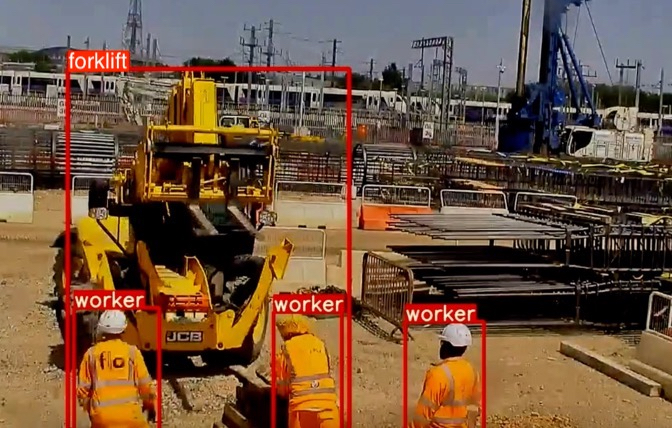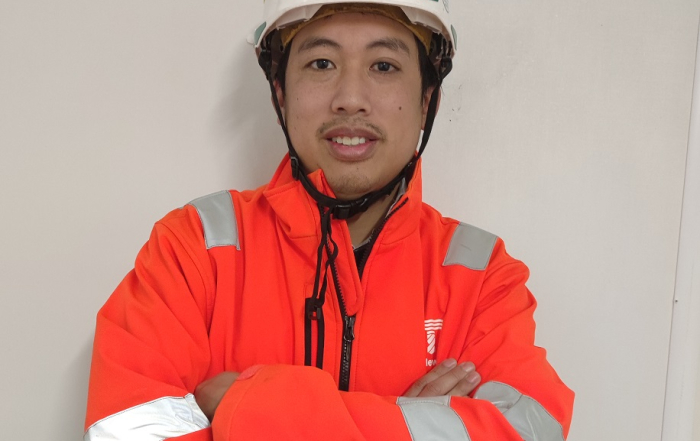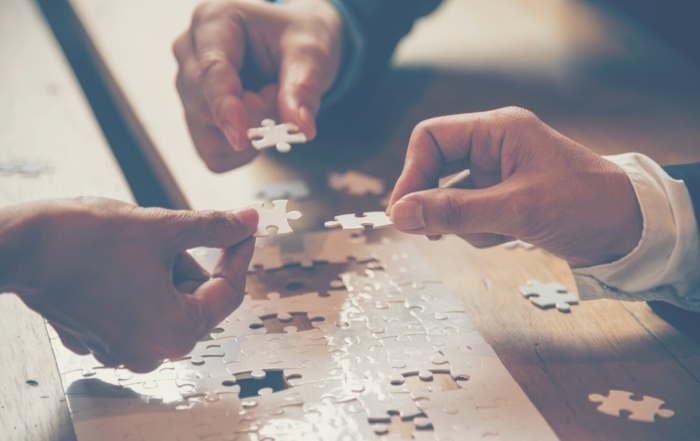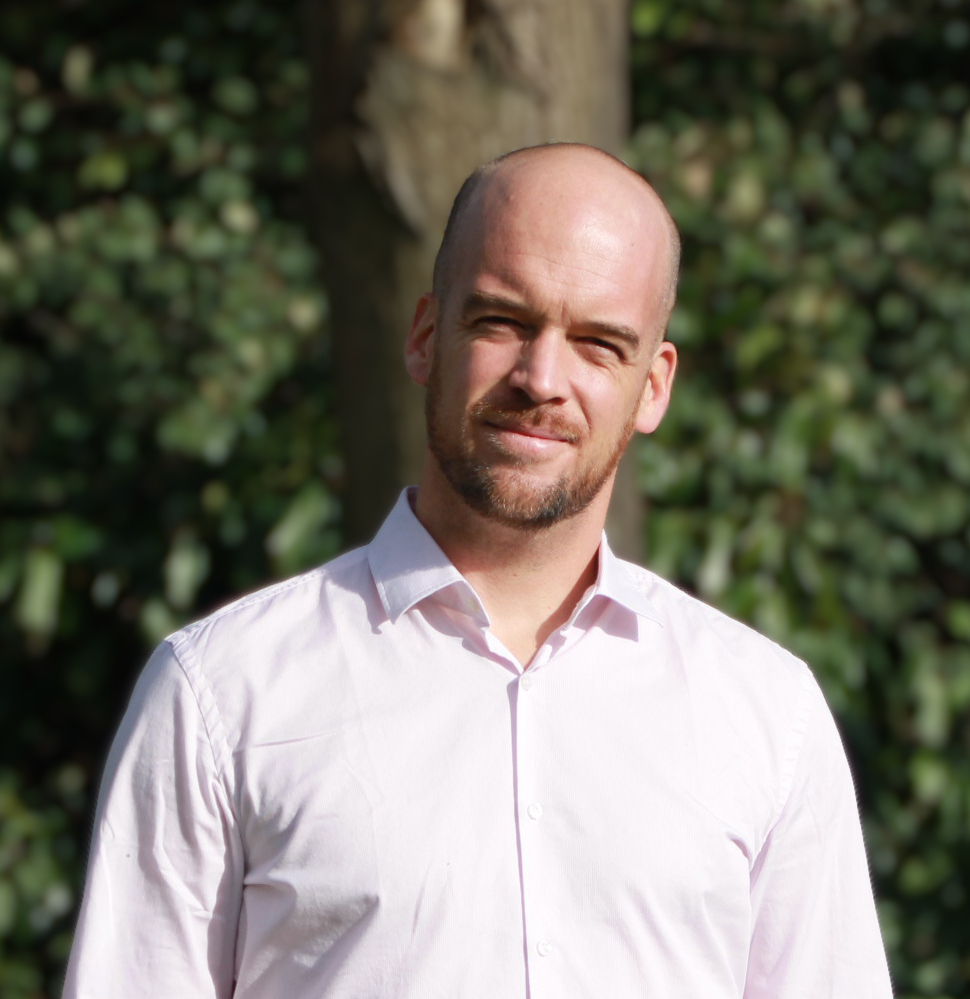
Boris Caro Vargas, Bachy Soletanche’s Managing Director, discusses the importance of a diverse workforce, the benefits it brings to a company and the wider environment, and how the industry can improve as a whole.
What does an inclusive workplace look like?
It’s a difficult question… an inclusive workplace is one that is as welcoming as a second home, where employees have no worries being themselves and talking about whatever is on their mind. The workplace should be a place of equal opportunity without barriers. The Equality Act 2010 protects nine characteristics, but we know that in reality there are many more than that. It’s the business’ responsibility to be proactive and take the lead in creating this culture. People should never feel they will be judged based on these protected characteristics.
Equality, Diversity and Inclusion should be present at every stage of an employee’s career including the recruitment process, the interview, when promotions are offered and in annual appraisals.
We can always choose to fall behind the rest of the world, or we can proactively decide to change and do better.
I think it’s very important to instil values of equality, diversity, and inclusion in Bachy Soletanche’s DNA. I’m not sure we’re completely there yet, but we should be aware of our role – and this awareness is the first step in making a real change.
Why is fostering a culture of EDI so important at Bachy Soletanche? And why is it so vital in the construction industry as a whole?
Compared to other sectors, the construction industry is usually the last to change. When it comes to digitization for instance, the construction industry is on par with the agricultural industry in terms of how slow it is at jumping on the train. I’m afraid in terms of EDI this might be happening again and this has to change.
In terms of why a culture of EDI is so important for the business, if people feel equal and included, they will feel more welcome and this translates automatically to being happier. If employees feel happy and feel a sense of belonging to the company, they are more likely to stay with the business for longer, grow within the business and help the company get better as they get better themselves. It’s a win-win for everyone. EDI in the workplace also helps us attract talent from a diverse pool of people and in turn, these people act as role models to the younger generation. Many studies have shown that diverse companies are more innovative, productive, flexible and they adapt better to the changing environment.
It has been found that millennials, more than any other generation before them, are choosing an employer based on its level of equality, diversity, and inclusion. Things are changing and we need to adapt.
When you look at the cities that thrive the most, are the most innovative in the world, it’s the ones that are the most diverse; London, Singapore, New York, and Los Angeles – they are the most diverse and create the most wealth. If you apply that on a smaller scale to our business, it’s exactly the same. All the positive attributes of successful institutions – innovation, having multiple viewpoints, out-of-the-box thinking, and breaking the status quo – these can only be achieved when you have people from diverse backgrounds with a broad range of characteristics.
There are many statistics that show that in politics and business, there are many areas where women are stronger than men, i.e. they are more honest and ethical, they are better at working out compromises, they are better at standing up for what they believe and they are better at mentoring other employees. If you look at these studies, it’s a clear benefit for us to have more women and we only have about 15% at Bachy Soletanche, so we can definitely do better.
A common excuse is that ‘there aren’t that many women in civil engineering schools, so it’s hard to fill those positions.’ But then we have to ask, are there enough role models? Are we doing enough to help attract a diverse range of people?
What do you enjoy about working for a business that values EDI?
The first question is, are we a diverse business? I’m not sure we are where we want to be just yet. I’ve worked in several countries and I thought I’d’ find more diversity here, especially coming from Colombia where there is quite a ‘macho’ culture, I’m surprised that they have more women than in the UK. We are getting better but there is a long way to go.
Just 10 years ago, all the Bachy Soletanche Business Unit (BU) managers across the world were male French engineers. In the last 5-10 years we’ve had more local BU managers employed in each country, so that’s something that’s evolving. However, in terms of women we only have one woman as a BU manager in the world right now.
If we look at VINCI UK, they were awarded the number 1 spot of the ‘NCFD Most Inclusive Workplaces 2021. Top 100 Most Inclusive Place to Work in the UK.’ So there is a lot we can learn from VINCI as our parent company.
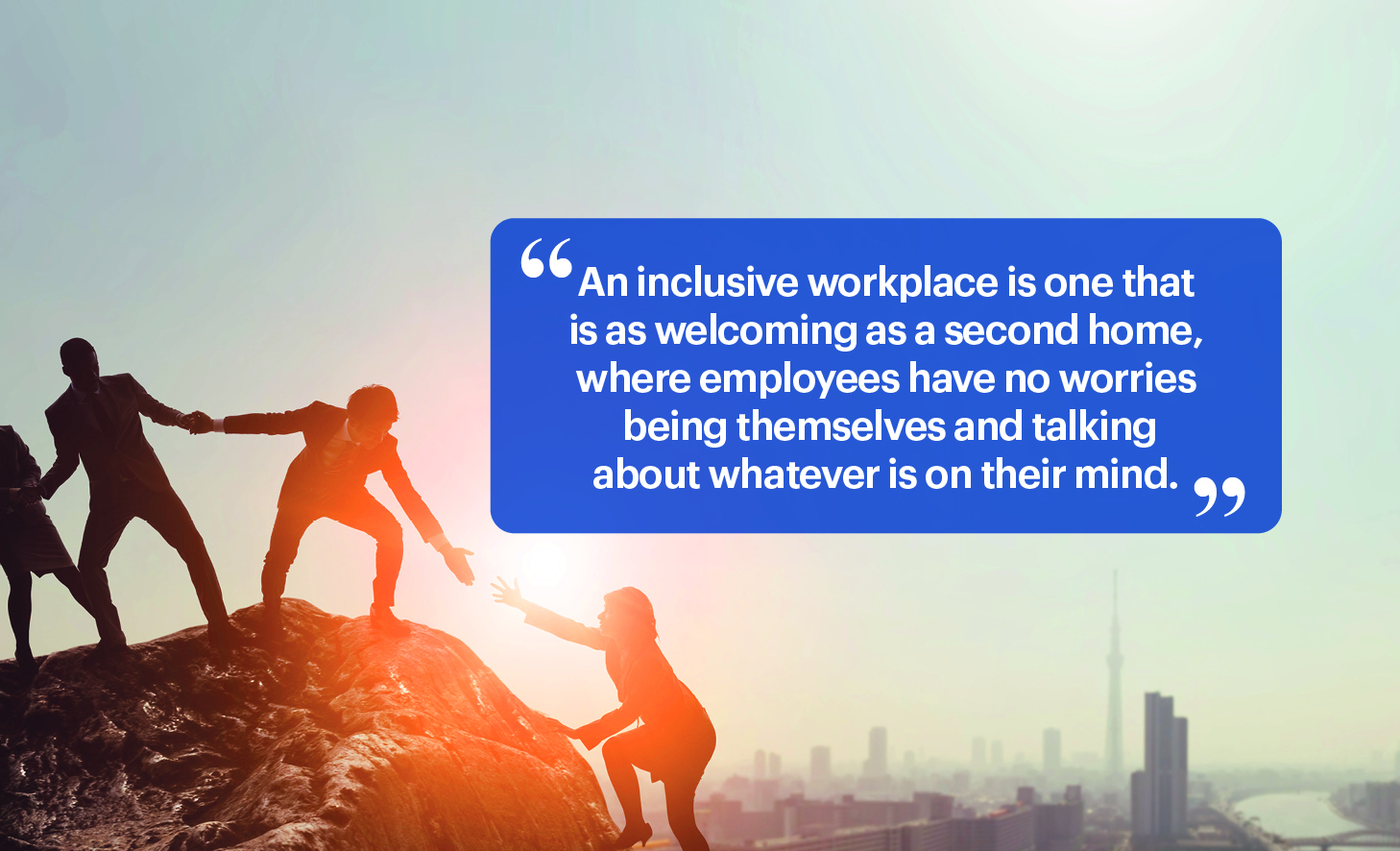
How do we continue to push for more diversity?
We should start measuring where we are and comparing ourselves to other businesses. We should probably do a real engagement survey with our people as they might have ideas or feelings that as managers we don’t always see and that can only come from employees within the company.
And then like other companies, once we have the survey results, we can do training off the back of this. We do currently have a diversity module in the employee induction training, but we can definitely build upon this.
VINCI also distribute a ‘best practice’ booklet to their employees where they re-measure their progress with diversity and how they can improve, to make sure actions are followed up on.
Like VINCI, we can look to having working groups with diversity champions. This would be alongside our seven STEM ambassadors that we currently have at Bachy Soletanche. Once we have champions, these then work as role models to others. This is so important to showing people they have the same opportunities as everyone else.
I think it’s fair to say that the construction industry has traditionally had a bit of an ‘image problem’ regarding diversity, do you think this is changing?
In the past, it was always traditionally boys going for the science and maths subjects at school or university, and it was not traditionally as common for women to work in engineering or construction roles. I think attitudes are changing but there is still a long way to go to achieve a good level of diversity.
We carry the weight of the industry stereotypes and traditions with us and we can either proactively change that or fall behind. It has been found that millennials, more than any other generation before them, are choosing an employer based on its level of Equality, Diversity, and Inclusion. The world around us is changing and the industry needs to ensure it is adapting.
How do we get more role models and make them more visible?
Once we have diversity champions in our business, we need to look at our online communications; what we post on social media, what we publish on our website and how we look on other platforms. We also need to look at the conversations we have with students and how we include role models in the company’s recruitment and promotion process.
A common excuse is that ‘there aren’t that many women in civil engineering schools, so it’s hard to fill those positions.’ But then we have to ask, are there enough role models? Are we doing enough to help attract a diverse range of people?
What are the main barriers to construction and engineering companies when it comes to improving diversity?
I believe tradition is definitely a part of it, perhaps a laziness to change, and some companies also probably don’t see the benefit of a more inclusive workplace. The excuse for many is that it might cost a lot of money and so it isn’t feasible to take action because we are very low-margin industry, which we know is just not true. I think one of the biggest barriers is that the construction industry does not attract as diverse a range of people as other sectors. It’s not something that is impossible to change but it is one of the biggest difficulties we face in improving diversity in this sector.
An inclusive workplace is one that is as welcoming as a second home, where employees have no worries being themselves and talking about whatever is on their mind. The workplace should be a place of equal opportunity without barriers.
What would you like to see change?
I would like to see people able to express themselves however they like and express those characteristics that might be more ‘hidden’. I’d also like to see more information captured on all the protected characteristics in employee surveys and fostering a culture of ‘no bystanders’. Additionally, I would like to see more women in senior management and director roles within the business, which would be hugely beneficial to us all.
